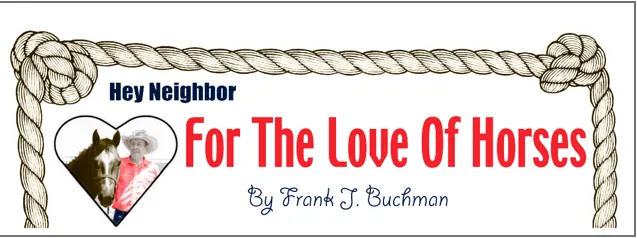By John Schlageck, Kansas Farm Bureau
Each day, farmers and ranchers pull on their boots, roll up their sleeves and go to work outside rural communities across Kansas. They perform a litany of chores – feeding and doctoring livestock, cultivating their crops, pulling maintenance on machinery, paying bills – you name it and farmers and ranchers do it.
While all of these activities are necessary, agricultural advocacy has become a farmer and rancher’s most important chore. Farmers and ranchers have an obligation to provide the public with an understanding of their profession.
Never has it become more important to help consumers understand how important agriculture is to the well-being of our economic future. Without continuing success in the farming and ranching sector, consumers will be in danger of losing the high-quality, affordable food so many expect and take for granted.
How do farmers help consumers understand their profession?
It begins with the commitment of farmers and ranchers to tell their side of the story whenever and wherever the opportunity presents itself. Whether you talk to grade-schoolers, service clubs or state legislators, remember to practice the art of relationship building between rural and urban, between agricultural producers and consumers of agricultural products.
When you have an opportunity to talk about production agriculture, do just that – talk about agriculture. Leave the other so-called “hot” topics of the day alone. Let someone else talk about them.
With less than 2 percent of our population engaged in food production, do not miss an opportunity to tell your story. If you are asked to comment about a recent election, talk about it with an agricultural flavor. Talk about how you believe your elected official will be able to work with you to make sure our state and nation makes energy development, rural transportation and finding new markets agriculture’s top priorities.
Give people a glimpse into your profession – a subject that affects your bottom line and one that affects the well-being of your family, their families – everyone. It’s easier than you might think to initiate a conversation about farming with your urban cousins.
Begin with a common denominator when talking to city folks. Start by discussing with them the fertilizer they buy for their gardens is no different from what you, as a farmer, put on your crops. The rose dust, herbicide or insecticide used to control scab, crabgrass or mosquitoes is similar to the plant protection chemicals you use.
Sometimes common ground revolves around nutrition. A good analogy could be the parallel between a person’s need for healthful food and a plant’s need for a well-balanced diet.
It’s easy to move from nutrition to some of the more difficult challenges facing agriculture. Topics on everyone’s minds today include safe drinking water, availability of credit and fiscal responsibility.
Today, many people are concerned about chemical run-off into rivers, lakes and streams. As a farmer you cannot afford to overuse these expensive chemical products. Tell them that. Let them know you, more than anyone else, are concerned about the land where your family lives and works.
Public understanding of how a modern farmer runs his/her operation is only half the challenge. Perhaps equally important is the need to be sensitive to the concerns of the community.
Remember that people, most of them living in towns or cities, are the ones who call for regulations and new laws. It is this public that will enforce them.
In the end, ironically, it is the public who will suffer if the laws have a negative effect on our food production and consumption system.
Tell your story – the story of agriculture. No one else is going to.
Let consumers know the value of food. Tell them how you go about producing the healthiest, best tasting food anywhere in the world. It’s a story only you can tell and tell well.
This is your livelihood. You are food producing specialists. You must tell your story.
John Schlageck is a leading commentator on agriculture and rural Kansas. Born and raised on a diversified farm in northwestern Kansas, his writing reflects a lifetime of experience, knowledge and passion.
– See more at: http://www.kfb.org/news/insight/index.html#sthash.sYF4C4Xf.dpuf




